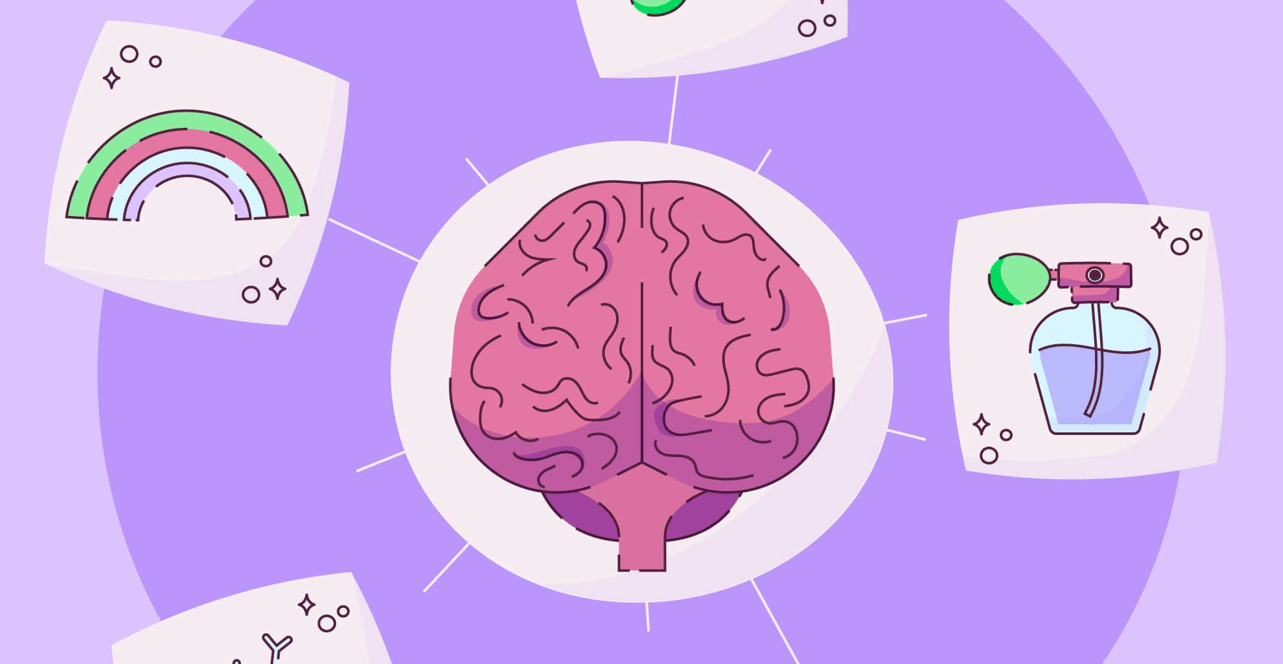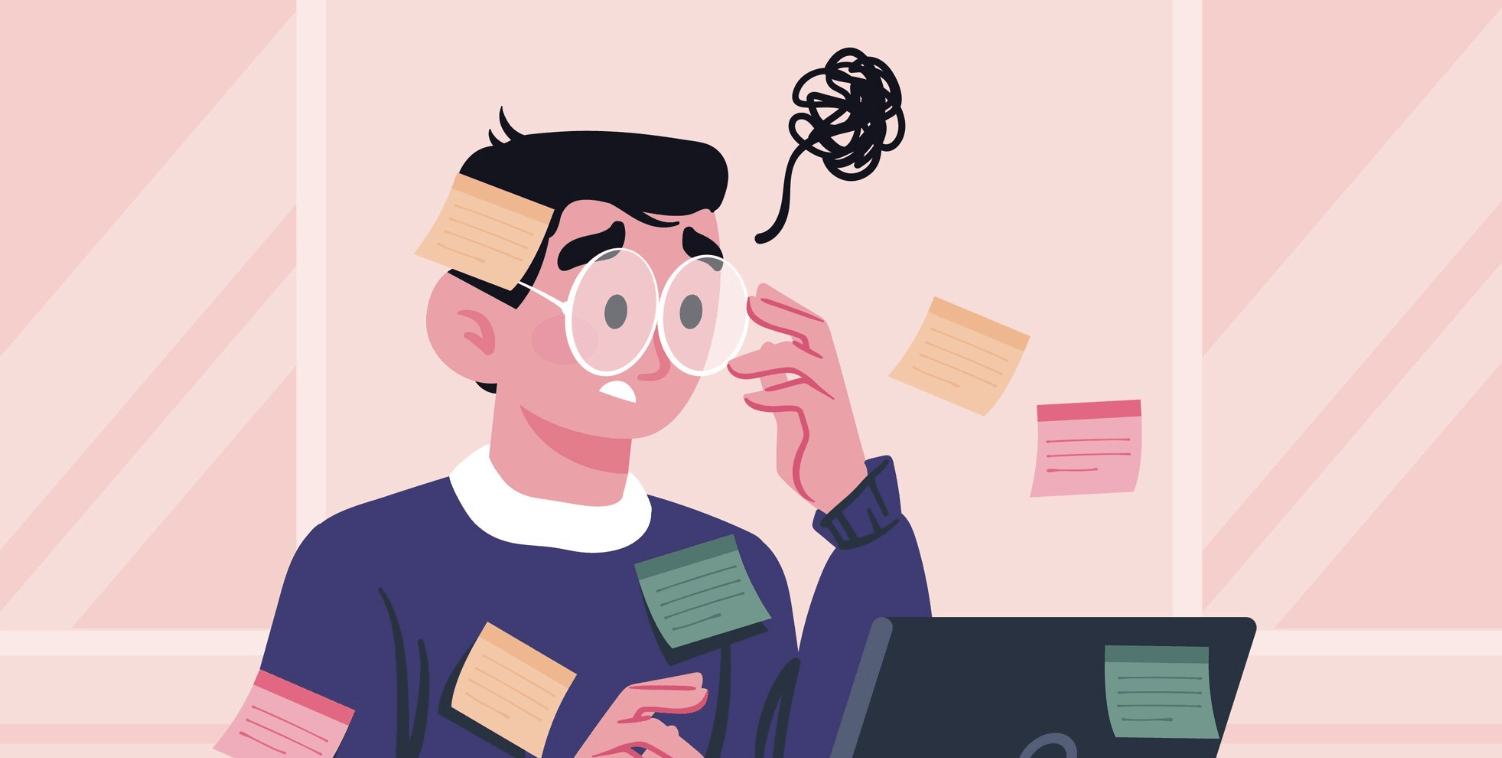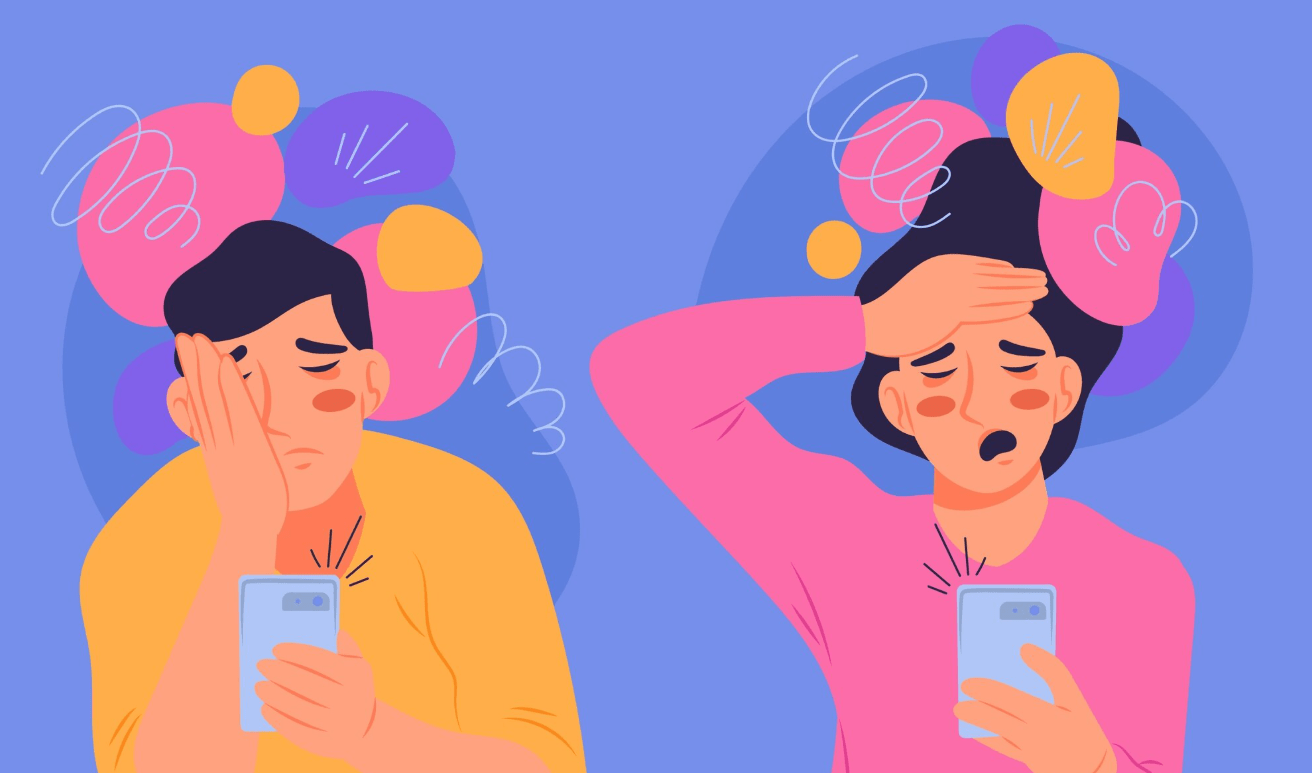Can Brain Exercises Improve Focus and Clarity?

Have you ever felt like your mind is running on autopilot, unable to concentrate or think clearly? Many people experience this kind of mental sluggishness, often called brain fog. While lifestyle changes like better sleep, proper nutrition, and stress management help, one of the most effective tools for improving focus and clarity is brain exercises.
In this article, we’ll explore how targeted brain exercises work, why daily practice matters, and how you can incorporate them into your life using tools like Moadly. We’ll also link to other helpful resources such as Daily Brain Exercises That Improve Clarity and Recall and How to Rewire Your Brain After Chronic Brain Fog for a comprehensive approach.
Why Focus and Clarity Decline
Before we dive into exercises, it’s important to understand why our focus sometimes falters. Mental clarity depends on the brain’s ability to process information efficiently. Several factors can reduce this efficiency:
- Lack of sleep or poor sleep quality
- Chronic stress
- Nutrient deficiencies
- Hormonal imbalances
- Prolonged periods of inactivity or lack of mental stimulation
When these factors disrupt neural connections, the result is slower thinking, forgetfulness, and difficulty concentrating, classic symptoms of brain fog.
For more on why brain fog happens, check The Science Behind Brain Fog: Causes and Cognitive Effects.

How Brain Exercises Work
Brain exercises are structured activities designed to challenge and stimulate specific cognitive functions. These include memory, attention, processing speed, problem-solving, and executive function. By regularly engaging in these exercises, you strengthen neural pathways, making your brain more efficient.
Here’s a simple table explaining the main types of brain exercises:
| Type of Exercise | Focus Area | Examples |
|---|---|---|
| Memory | Short-term and working memory | Matchign games, sequence recall, word lists |
| Attention | Concentration and focus | Spot-the-difference, pattern tracking |
| Processing Speed | Reaction time and mental agility | Timed puzzles, logic challenges |
| Problem-Solving | Critical thinking and reasoning | Strategy games, logic grids |
| Executive Function | Planning, decision-making, and flexibility | Multi-step tasks, adaptive challenges |
Benefits of Daily Practice
Consistency is key. Even short daily sessions can yield noticeable improvements in focus and clarity. Some of the benefits include:
- Improved attention span and ability to sustain focus
- Faster problem-solving and decision-making
- Enhanced memory recall
- Greater mental energy and reduced fatigue
- Increased resilience against stress-induced brain fog
Research shows that just 10–15 minutes of targeted cognitive training each day can create meaningful changes over time. Using apps like Moadly allows you to train different cognitive skills systematically and track your progress over weeks and months.
How Moadly Helps Maintain Mental Sharpness
Moadly is designed to provide short, adaptive brain exercises that target focus, memory, and mental clarity. Unlike generic puzzles, Moadly personalizes difficulty levels to challenge your brain just enough to stimulate growth without causing frustration. Daily practice with Moadly can help you rebuild focus after periods of fatigue, illness, or high stress.
See How Memory Training Helps Reduce Brain Fog for more on how structured cognitive exercises impact mental clarity.
Incorporating Brain Exercises Into Your Daily Routine
Adding brain training to your day doesn’t have to be complicated. Here are practical tips:
- Pick a consistent time: Early morning or during a mid-afternoon break is ideal.
- Keep sessions short: 10–15 minutes is enough for daily improvement.
- Focus on variety: Rotate exercises that challenge memory, attention, and problem-solving.
- Track your progress: Monitor how exercises feel and note improvements in real-life focus and clarity.
- Combine with other healthy habits: Sleep, nutrition, and stress management amplify the benefits.
For ideas on building a daily routine to prevent brain fog, see How to Create a Routine to Prevent Brain Fog.
When to Expect Results
Most people notice subtle improvements within a few weeks of consistent practice. Mental fatigue eases, focus becomes sharper, and recall improves. Over several months, the gains compound, and you’ll notice your brain handles multitasking and problem-solving more efficiently.
Remember, brain training is a long-term investment, not a quick fix. Combining cognitive exercises with healthy sleep, nutrition, and regular physical activity maximizes results.
Additional Tips for Maximizing Cognitive Gains
- Stay hydrated, even mild dehydration affects mental clarity.
- Engage in physical activity, exercise increases blood flow to the brain.
- Challenge yourself outside the app, read new subjects, laern a language, or play a musical instrument.
- Take short breaks during mentally demanding tasks to avoid burnout.
For a deeper dive into exercises and routines that enhance mental clarity, check out How to Rewire Your Brain After Chronic Brain Fog.
Conclusion
Brain exercises are more than just games, they are tools to strengthen your mind, improve focus, and increase clarity. Regular, short sessions are more effective than occasional long ones, and using adaptive tools like Moadly ensures your brain is challenged just enough to grow.
By combining daily brain training with good sleep, proper nutrition, and stress management, you can reduce mental fatigue, improve memory recall, and maintain sharpness well into the future. Start small, stay consistent, and watch your mental clarity improve day by day.
For ongoing support and guided exercises, visit Moadly News and explore the latest tips for boosting your cognitive performance.

